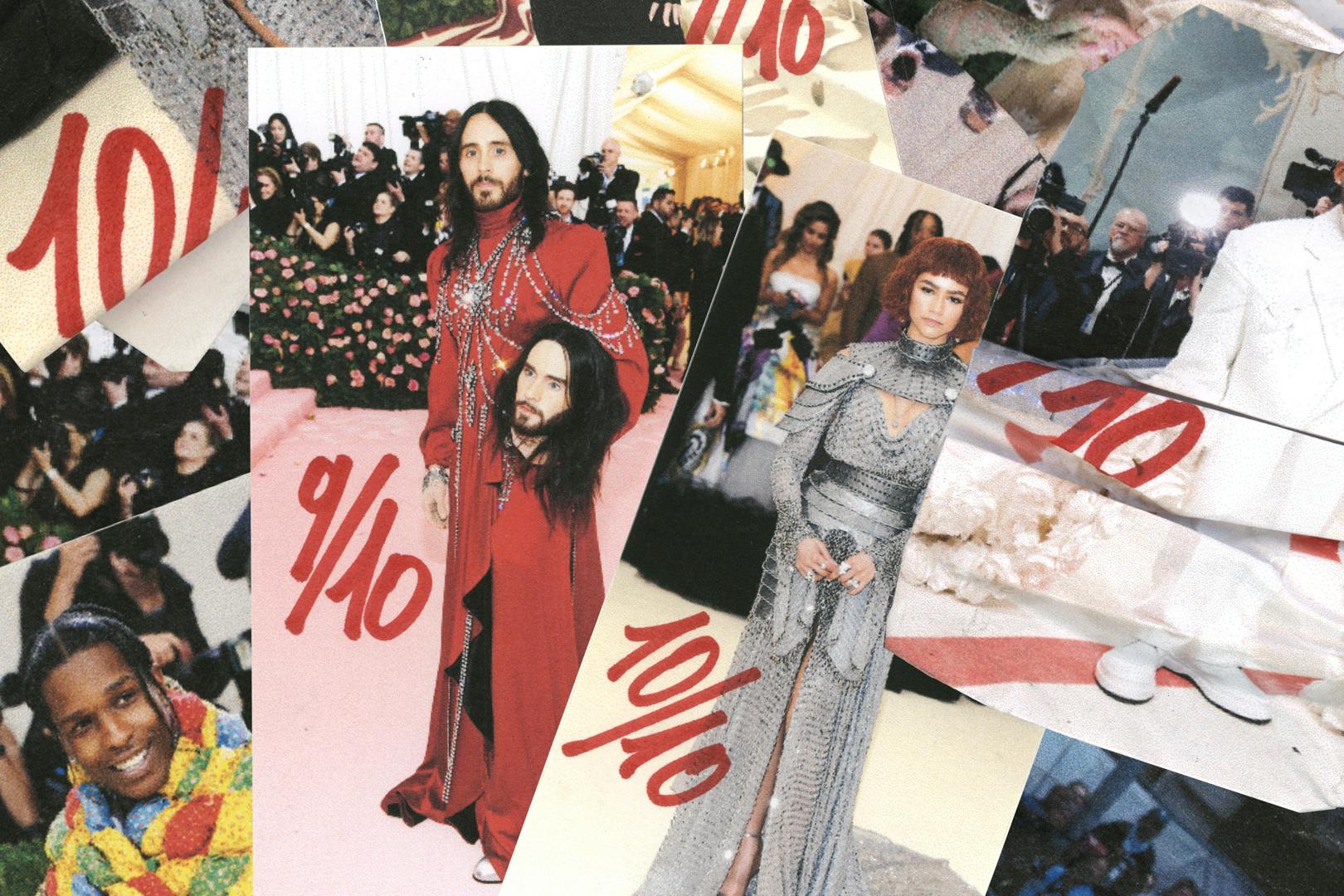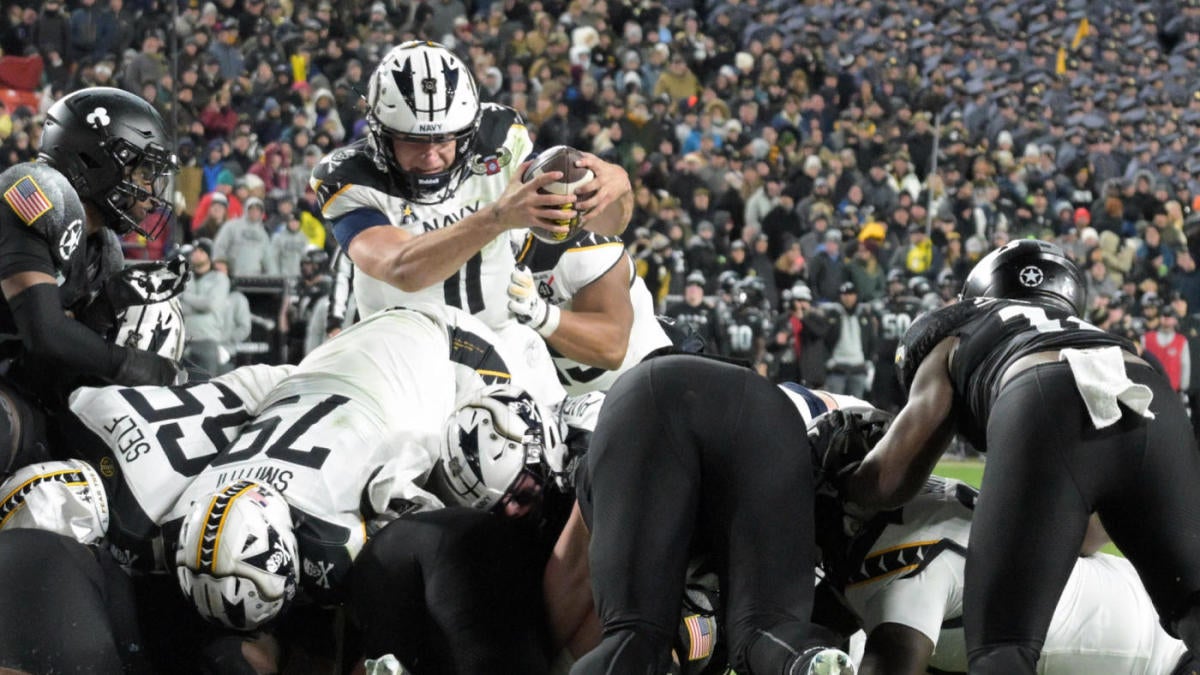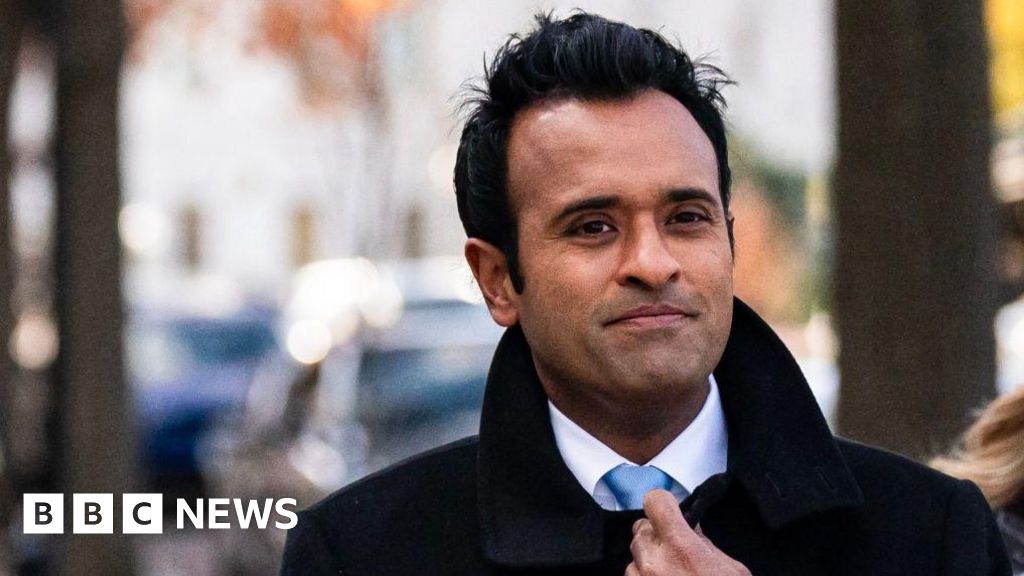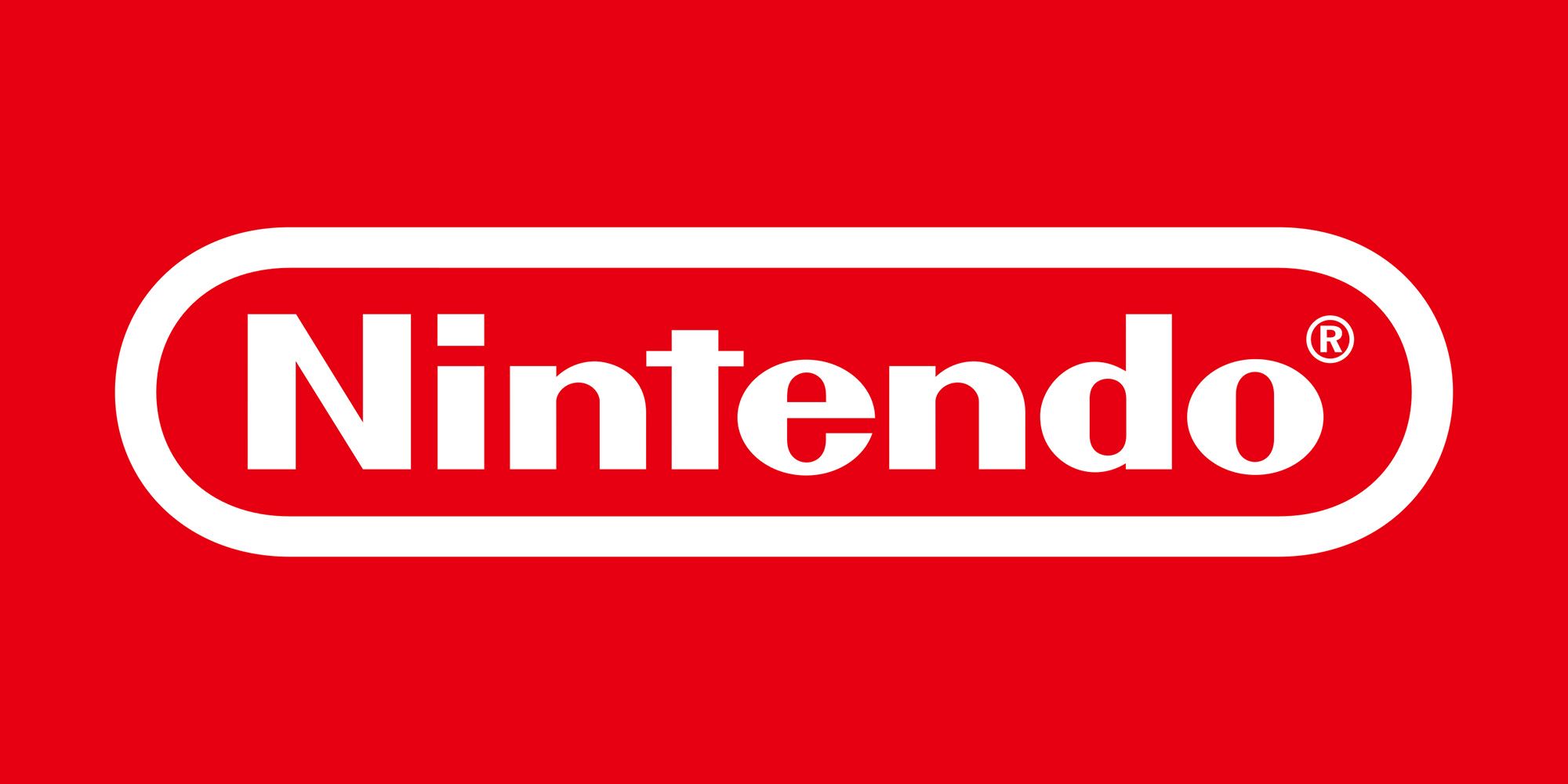Fashion
Today’s Fashion Critics Don’t Even Want to Work in Fashion

In a roundtable discussion with Highsnobiety, online fashion commentators Linda Sumbu, Xander Cauwelier, and Andriana Andoniou discuss the Met Gala, the current state of fashion criticism, and where they fit into it all.
The Met Gala is fashion’s Super Bowl. And just as sports commentators critique every move of each player throughout the big game, fashion critics stand ready on the first Monday in May to offer opinions on the celebrities — and the outfits — that hit the biggest gala of the year .
But it’s not always easy. We live during a time when many fashion critics walk on eggshells to not upset brands they hope to work with, or accept payment in exchange for good reviews. So, who is our modern-day Joan Rivers? Who can we trust to tell it like it is without bowing to algorithms or brands?
There are at least three such people: Andriana Andoniou, Linda Sumbu, and Xander Cauwelier. Though their names may not ring a bell, you’ve probably seen them somewhere on your X (Twitter) timeline as @BOTTEGAHOENETA, @itgirlenergy, and @jacquemusx. None is an industry darling – Andoniou is a student, Sumba is a game designer, and Xander is a lawyer – but each has been studying and reporting on fashion for several years.
The subgroup these three are a part of goes by “High Fashion Twitter,” or “Fashion Twitter” for short, where hundreds of people gather every day to post about red carpets looks, report on news, review runway shows during fashion month, and overall share their love for the subject, oftentimes in the most unfiltered way.
Andriana Andoniou (@BOTTEGAHOENETA) has been publicly talking about fashion on X for nearly three years. She’s been passionate about the subject since she was young, and she started her X account – which covers everything from archival fashion to the Met Gala to what Rihanna is sporting out on a date with A$AP Rocky – in high school as a way to learn from like-minded people. Now in college, the 19 year-old is pursuing a marketing degree while covering fashion events for an audience of over 50,000.
Linda Sumbu (@itgirlenergy), 25, is also a student, working toward a masters degree in video game design. Sumbu is a reigning queen of Fashion Twitter with nearly 155,000 followers at the time of writing. Based in South Africa, she reports on nearly any fashion-related event, often before major publications, thanks in part to the difference in time zones.
23 year-old Xander Cauwelier (@jacquemusx), who goes by Kea to his 108,000 followers, just graduated with a degree in law with the goal of practicing fashion law. Cauweiler has precisely curated his X account, posting looks from the Met carpet, the latest campaigns, and fun editorials, all while making his opinions known.
Despite covering major fashion events like the Met Gala and nearly every runway show during fashion month, and racking up thousands of followers in the process, these creators reap little to no benefits – they’re not paid, they don’t typically get brand partnerships, and aren’t flown out to runway shows – for their hard work and dedication. So why do they do it? What keeps them motivated to provide their audiences with so much smart, timely content?
In the lead-up to the “Sleeping Beauties: Reawakening Fashion” Met Gala, the creators got together (in a Zoom discussion) for the first time ever to talk fashion’s biggest night out, the future of fashion criticism, and whether they even want to be called critics.
HIGHSNOBIETY: So we’re gonna start off with some Met Gala related questions. What is each of your processes for covering the Met Gala? How do you watch it and how do you formulate opinions so quickly?
LINDA SUMBU: I like to pretend as if I’m actually at the event. I put on the livestream to see who’s coming so that I can live tweet — like, “Oh my gosh, Dua Lipa has arrived in vintage Chanel from 1991” — while simultaneously refreshing Getty Images. The worst part about it though is that it’s always late for me because New York is six hours behind.
ANDRIANA ANDONIOU: I feel like TMZ when I report for the Met Gala because it’s so quick and you have to tweet all night. Last year I decided to do a live reaction [X] space for anyone to come and discuss together. I prep for the theme to understand it and the references that might come up.
XANDER ACAUWELIER: My prep basically consists of reading what the theme is about, following stylists on Instagram so I can quickly see who is wearing what, and then pouring myself a big glass of red wine. I just try to see who is referencing what, why, what was the process behind it, and then give my thoughts almost immediately.
SUMBU: I could never give my thoughts immediately because I have to ruminate. [The Met Gala] is too much fashion to consume and form opinions on immediately. And I can’t do it the next day either because I’m too fucking tired!
ANDONIOU: Oh my god, I remember last year with Rihanna I had to wait so long. We had a [X] space and we were waiting for maybe an hour and then we eventually gave up, and then she appeared.
CAUWELIER: I took a nap in between!
SUMBU: I was so tired, I was like, “Where the fuck is she?!”
CAUWELIER: All I did [for research this year] was look at recent collections with flowers in them because I know everyone is gonna take the “Garden of Time” theme very, very literally.
SUMBU: There is gonna be one person that dresses like Aurora from Sleeping Beauty, you know it’s coming. Someone else is gonna be in a color-changing pink and blue dress.
ANDONIOU: When we all watch the Met Gala and we’re tweeting, I feel like we’re stock traders. It’s a full-on job!
CAUWELIER: And still you miss half of it. Even with the livestream, Getty Images, and [X], you miss half of the looks.
ANDONIOU: I wish I could get an intern or something that night.
CAUWELIER: Or at least a guest list!
What do you think makes a good Met Gala look and a bad Met Gala look?
CAUWELIER: It’s a themed party. Being on theme is the main thing, but just try to play with it while not taking it too literally. It’s a celebration of fashion, so just celebrate fashion. A bad look is either not following the theme or wearing a black and white suit.
SUMBU: Totally agree. When thinking of what makes a good look, my mind immediately goes to Zendaya as Joan of Arc [at the 2018 Met Gala]. It was on theme but at the same time, it was very Zendaya. It’s something she could easily pull off. There are a lot of good Met Gala looks, but they don’t fit the celebrity who is wearing it. You need to look as if you’re meant to be in the look.
CAUWELIER: Also, from a brand standpoint, I think it’s important for the fashion house to try and put out a unique look that shows that they did their homework instead of showcasing their last collection.
SUMBU: No shade to Saint Laurent, but I swear it happens every year! And that reminds me of when Tom Ford was like, “Oh, the Met Gala is all about extravagance now,” because it used to be super sleek and not so much about that. But I feel like this is the best part of fashion: it has grown so much, and people care about it even more now that there is a level of camp to it all.
CAUWELIER: That’s the big difference between the Met Gala and any other event: they actually go crazy with looks, and that really is the best part about it.
So what exactly is present in terms of fashion at the Met Gala that isn’t present at other events? What specifically makes the Met so different?
SUMBU: It’s an educational moment for people who are out of the loop with fashion. Most people are not noticing references immediately, but if they see Rihanna referencing something from a 1997 Chanel collection, they might look into why her specific look was chosen. What other collections were on the moodboard? It’s just a great way to go deeper with fashion.
CAUWELIER: The biggest difference between any other event and the Met is that it’s the biggest event with the biggest celebrities where fashion is actually the goal. With events like the Cannes Film Festival, they’re trying to promote a movie, and they wear pretty dresses to make you pay attention to the movie. But at the Met Gala, fashion is actually the purpose.
ANDONIOU: Even if you don’t care about fashion, you’ll want to know what was the reason behind wearing a crazy look.
With platforms like Instagram and TikTok allowing people to grow so much doing content similar to what you do, why is X your platform of choice?
ANDONIOU: Even though [X] is known for trolls, the people on Fashion Twitter are so eager to interact with you and are actually so nice. The point of [X] is speech, and even though we mostly post visuals, we create conversations. That’s something that doesn’t really happen on other platforms.
CAUWELIER: I feel the same. On other platforms like TikTok and Instagram it seems like you’re just speaking into a void, whereas on [X] you are meant to have conversations.
ANDONIOU: And no one’s getting paid [on X]. No one makes money, but everyone who posts on there wants to be on there. On other platforms, it feels like people just post on there for work.
SUMBU: That’s the cool part about Fashion Twitter. And also that people will explain something to you even if it’s a “stupid” question. It’s also cool how you can be a tiny account, post your opinion, and by tomorrow you have 150,000 likes. That kind of reach is insane!
CAUWELIER: Also democratization. We all came from different backgrounds, different countries, yet everyone is welcome to join the conversation.
ANDONIOU: Exactly. Even though someone may have a bit of a “naive” idea of fashion, because most of us are not in the industry.
SUMBU: How many times have we gotten eaten up by fashion professionals? Oh my god. And it sucks sometimes, but it’s also good because it starts a conversation and it’s a teachable moment. But sometimes people are just being mean, and it exposes that culture in the fashion industry.
ANDONIOU: I am not afraid to lose an invite to a fashion show. We are saying what we think freely.
What are all of your opinions on the current state of fashion criticism? Do you think fashion accounts on [X] are the future of fashion coverage and criticism?
CAUWELIER: I think we’re seeing everybody talk about fashion. You don’t need to be very knowledgeable or interested or have a job in fashion to say what you think about it. A lot of people would disagree, but I think that’s a good thing. I think it’s gotten more superficial, but it’s also gotten more broad because everything is being talked about, and deep-rooted issues [in the industry] get put at the forefront.
ANDONIOU: The way we do fashion criticism isn’t just saying our own opinions, but also asking our audience questions. We push [the idea] that everyone can have a say in this conversation.
SUMBU: I agree with this a lot. All I can think about is the one article from Dazed that basically praised Chanel for having three plus sized models out of like 75 skinny ones. It was like “Chanel Goes Crazy for Plus Sized Models.” That’s not even fucking 10% of the models there! And it just makes me think that if there weren’t people openly calling out [Chanel] for shit like this, brands would be so much more comfortable with mediocrity and creating fashion that doesn’t inspire.
Fashion criticism has changed so much because of social media — so many people are getting a piece of the pie. Where do you think you fit into it? Do you consider yourselves influencers, bloggers, critics, commentators?
CAUWELIER: It really depends on the time of day. Sometimes I do full-on analyses and then another day I’m just posting about my new sunglasses, so maybe a bit of everything. Sometimes I don’t have a lot of opinions on things I post and it’s mostly to see what other people think. It’s nice to have that freedom and now that I’m a big account, it’s nice to start conversations.
ANDONIOU: I’m trying to think of how I perceive myself through social media, and I truly have no idea. Maybe “unemployed with a passion for fashion,” even though it sounds corny. It’s what gets me out of bed every day.
SUMBU: I don’t know where I stand either, but I call myself a fashion enthusiast because it covers all my bases. I don’t necessarily think we are bloggers, but at the same time we’re not exactly influencers because we don’t put enough of ourselves out there. It was already a daunting task to put myself as my profile picture!
CAUWELIER: I think it’s incredible that we build up such big followings while being so inconsistent with the content we put out. One day we talk about bridal dresses in relation to sea animals, another day it’s a random celebrity street style post, and the next day it’s photos of us in a garden.
SUMBU: What’s even cooler is that people are starting to recognize it and accept the mess for what it is.
Do any of you have any desire to work in fashion in the future? Or would you prefer to keep fashion as more of a hobby?
CAUWELIER: I am pursuing a degree in fashion law, so I will probably end up in a fashion firm. But it will always be on the business side, I will never [work in] the creative side of fashion because that’s [just not] for me. That’s something I wanna do online. That’s something I wanna enjoy.
ANDONIOU: I’m focusing on marketing first, then maybe [I’ll pursue] a masters in fashion in the future. I would like to understand the industry and how it works.
SUMBU: I really enjoy creating content and reporting fashion news to my audience, but I’m a game developer, so I want to see where that takes me.
CAUWELIER: It’s nice we don’t have to [work in fashion]. We can do whatever.









